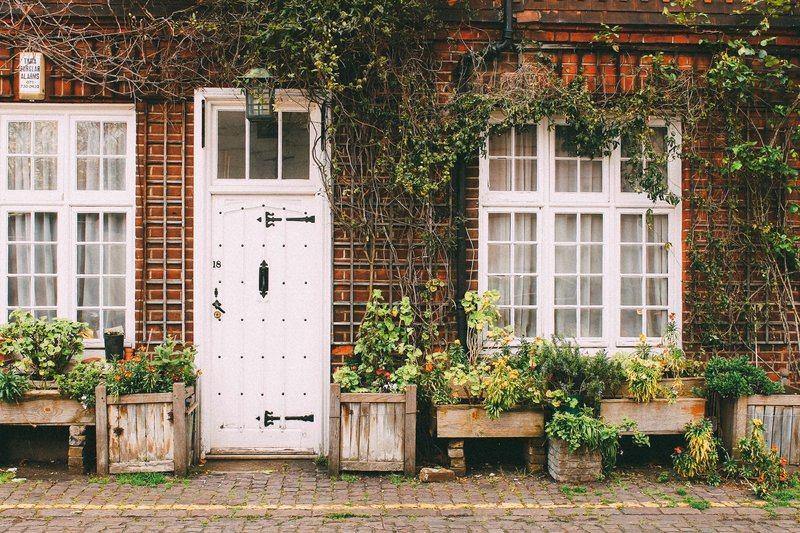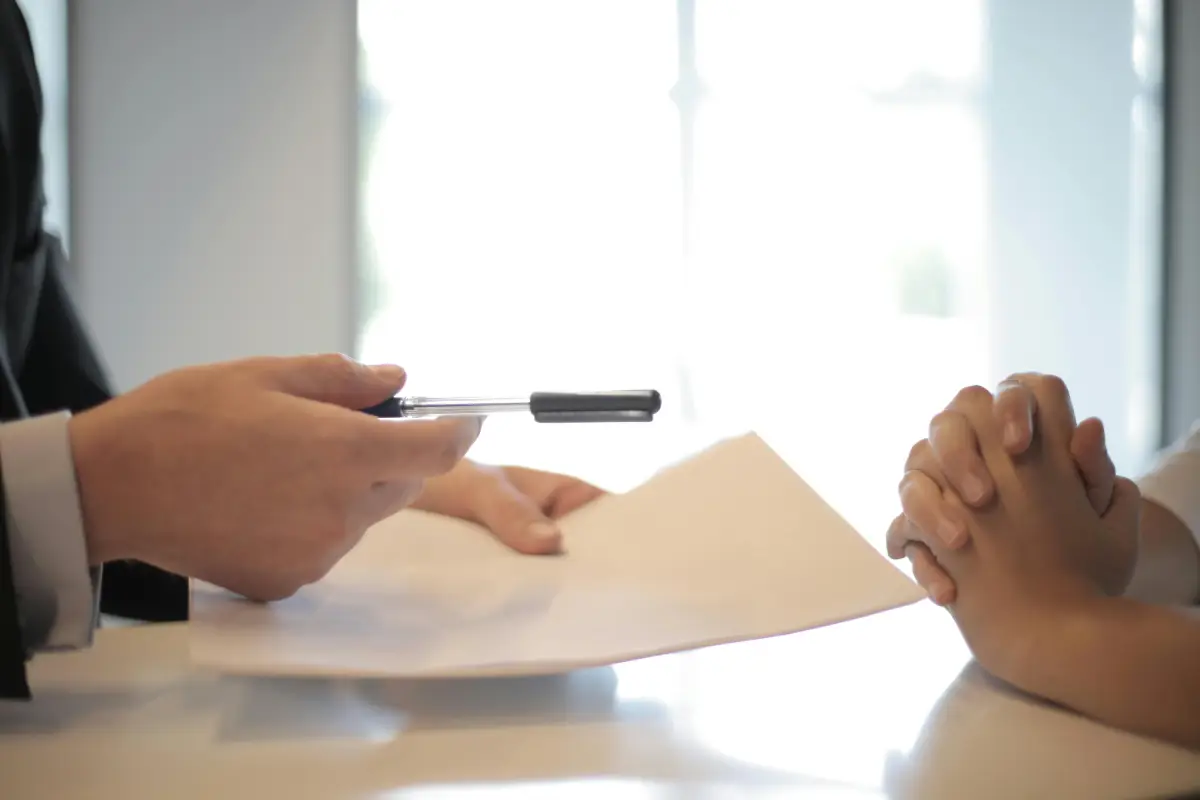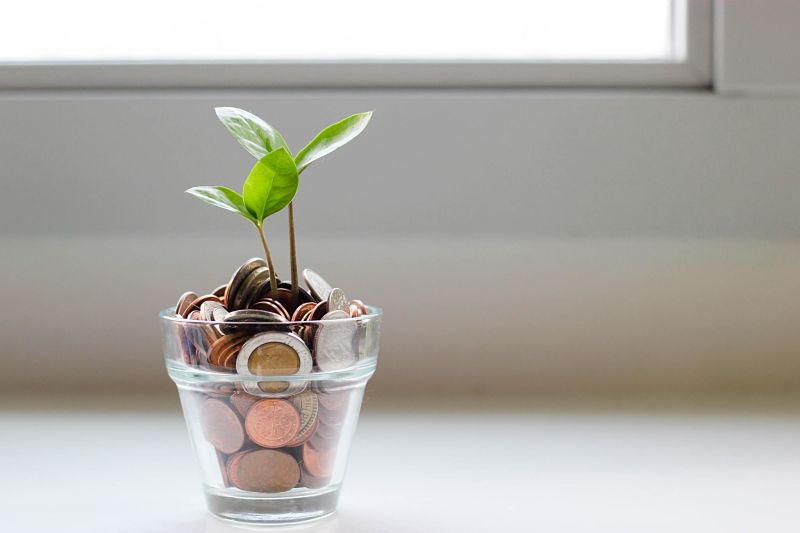
Recent figures from the Halifax suggest that the average deposit a first time buyer needs to find when buying their home has reached £33,960.
With first time buyers now having to find around twice the deposit that they did in 2007, planning carefully for your future has never been more important if you want to get onto the property ladder.
Our guide contains four handy tips from how to save money for a house to ways in which you can budget more carefully. We’ve also added an extra tip for parents looking to help their kids save for a deposit.
Keep reading to find out more on how to save money for a house.
Work out how much you need to save
If you’re planning to buy your first home it helps to know exactly how much you need to save. Having a target will help you to focus your saving and work out how much you need to set aside each month in order to reach your goal.
Have a look around the area in which you want to buy and work out what you’re likely to pay for a property. You can then work out how much you need to save for a 5% or 10% deposit.
Remember that it’s not just your deposit that you have to save. Other costs that you may incur when buying your first home include:
- Stamp duty
- Solicitors fees
- Survey/valuation fee
- Any mortgage fees that might be applicable
Add your deposit to your total fees to work out exactly how much you need to save.
Save into a stocks and shares ISA
If you’re wondering how to save for a house in a tax-efficient and flexible way, a stocks and shares ISA is a great option.
One of the main benefits of a stocks and shares ISA is that the profits that you make – are free of both income and capital gains tax. When you ultimately withdraw money from your account it will also be completely tax-free.
Our stocks and shares ISA also lets you stop, start, raise and lower your premiums whenever you like. You can also put lump sum amounts into your account as you please.
Even if you have an existing cash ISA or you use your full Help to Buy ISA allowance of £200 per month, you can still save on top of that in our stocks and shares ISA.
However, it is important to bear in mind that when you take out an investment product with us your capital is at risk and you may get back less than you have put in.
Start saving early
One of the easiest ways to save up for your deposit is to start saving as early as you can. The earlier you start planning, the greater the potential return on your investment.
Here’s a reason why: Compound interest is the interest earned on interest. By continuously reinvesting your earnings, you are exponentially increasing the return on your savings. By starting saving early, you can take advantage of the potential gains from compound interest.
Starting saving early also helps develop positive spending habits. Saving and investing teaches important lessons and the earlier you are able to learn those lessons the more you will benefit.
Budget wisely
Sitting down and analysing your budget can help you to make efficiencies. These efficiencies give you more cash to put towards the deposit on your first home.
It pays to regularly review your outgoings to see if you can make any cutbacks. You could:
- Shop around for home, car and your other insurance every year to make sure you’re paying the lowest price
- Switch your energy, phone or broadband provider to get the best deal
- Cut back on unnecessary spending – not drinking a couple of takeaway coffees a week could save you £500 over two years
Making extra cash available for your saving will help you to reach your goal more quickly.
…and one tip if you’re a parent looking to help your child…Consider a Junior ISA
If you’re a parent and you want to help your child get onto the property ladder when they are older, you could consider saving for them in a Junior ISA.
A Junior ISA allows you to save for any child that is under the age of 18 and does not already have a Child Trust Fund in their name. You can open the plan if you are the parent or legal guardian of the child, and our Junior ISA accepts contributions from anyone who wants to deposit money in the account – for example family and friends.
All the money your child receives is free from both income and capital gains tax. And, when they take the money upon maturity of the plan – perhaps to fund the deposit on their first home – it will be completely tax-free.
We’ve put together a first time buyer step-by-step guide and have created a downloadable checklist to help you once you’ve got your deposit together. Read through the guide and then download our first time buyers checklist to assist you as you go through the process.
We can help with saving for your deposit
For more information, get in touch with Shepherds Friendly today. Call 0330 311 1606 or email [email protected]


